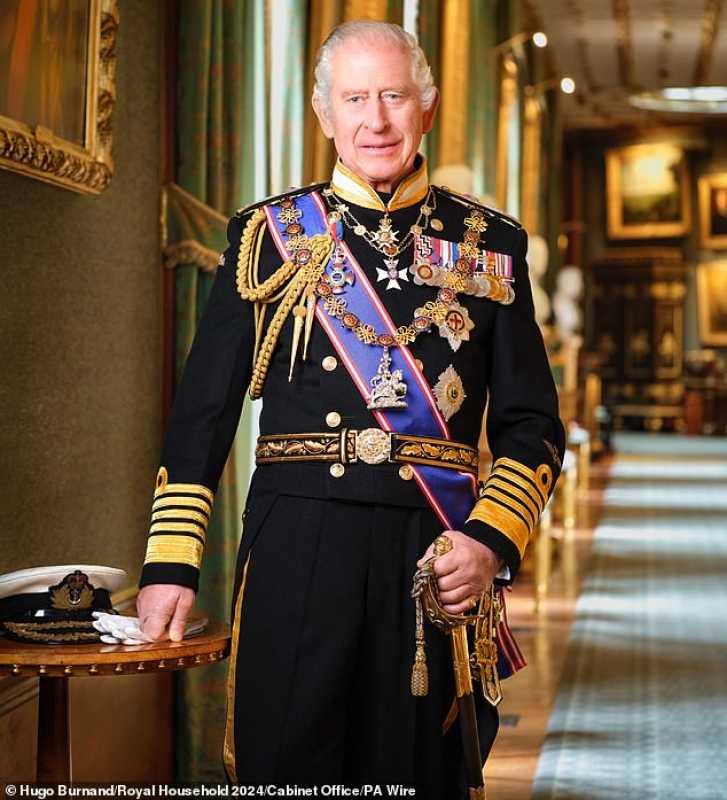Health
King Charles’ Prostate Diagnosis Sparks Surge in Searches for Information

There has been a surge in searches for prostate enlargement after King Charles divulged his diagnosis, figures show. On Wednesday, there were 16,410 visits to the NHS website page about prostate enlargement, compared to 1,414 visits the previous day, according to NHS England officials. The rise in searches followed the announcement that the king would undergo treatment for an enlarged prostate. Buckingham Palace has confirmed that the king does not have cancer.
Charities and doctors welcomed King Charles going public with his diagnosis, as it may encourage other men experiencing similar symptoms to seek medical help. Ian Eardley, a consultant urological surgeon and national clinical director for the NHS, believes that the king’s diagnosis becoming public knowledge will lead to more men seeking assistance and help reduce the stigma associated with prostate problems.
An enlarged prostate is a common condition that many men develop as they age. While it is not usually a serious threat to health, it can cause troubling symptoms that require treatment. The prostate gland, located at the base of the bladder, is normally about the size of a walnut. It surrounds the urethra, the tube through which urine flows. As the prostate enlarges, it can start to compress the urethra, leading to restricted urine flow.
More than one in three men over the age of 50 experience some symptoms of prostate enlargement, including frequent urination, difficulty starting and stopping urination, weak urine flow, and the feeling of incomplete emptying of the bladder. It is essential for men with these symptoms to consult a doctor and get a check-up, as the symptoms of prostate enlargement can be similar to those of prostate cancer.
Doctors typically diagnose an enlarged prostate through a physical rectal exam and by testing urine samples. Half of men with an enlarged prostate can manage their symptoms without medication or surgery. Lifestyle changes like reducing fluid intake before bedtime and avoiding caffeine and alcohol can help. Medications such as desmopressins and anti-cholinergic drugs can also be prescribed to alleviate symptoms, although they may have side effects. In some cases, surgical procedures to shrink the prostate or widen the urethra may be necessary.
By openly discussing his diagnosis and treatment, King Charles has played an important role in raising awareness about prostate health. The number of people completing online risk checkers for prostate cancer has already increased significantly since the announcement. Campaigners, such as Prostate Cancer UK, are thankful to the king for sharing his experience and helping to break down the barriers associated with discussing prostate problems.












